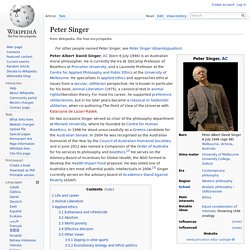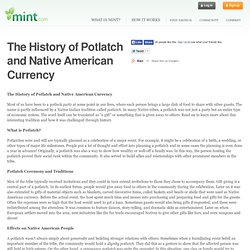

Peter Singer. On two occasions Singer served as chair of the philosophy department at Monash University, where he founded its Centre for Human Bioethics.

In 1996 he stood unsuccessfully as a Greens candidate for the Australian Senate. In 2004 he was recognised as the Australian Humanist of the Year by the Council of Australian Humanist Societies, and in June 2012 was named a Companion of the Order of Australia for his services to philosophy and bioethics.[2] He serves on the Advisory Board of Incentives for Global Health, the NGO formed to develop the Health Impact Fund proposal. Thomas L. Friedman. History of the world twenty years from now, and they come to the chapter "Y2K to March 2004," what will they say was the most crucial development?

The attacks on the World Trade Center on 9/11 and the Iraq war? Or the convergence of technology and events that allowed India, China, and so many other countries to become part of the global supply chain for services and manufacturing, creating an explosion of wealth in the middle classes of the world's two biggest nations, giving them a huge new stake in the success of globalization? And with this "flattening" of the globe, which requires us to run faster in order to stay in place, has the world gotten too small and too fast for human beings and their political systems to adjust in a stable manner? The History of Potlatch and Native American Currency. The History of Potlatch and Native American Currency Most of us have been to a potluck party at some point in our lives, where each person brings a large dish of food to share with other guests.

The name is partly influenced by a Native Indian tradition called potlatch. In many Native tribes, a potlatch was not just a party but an entire type of economic system. The word itself can be translated as "a gift" or something that is given away to others.